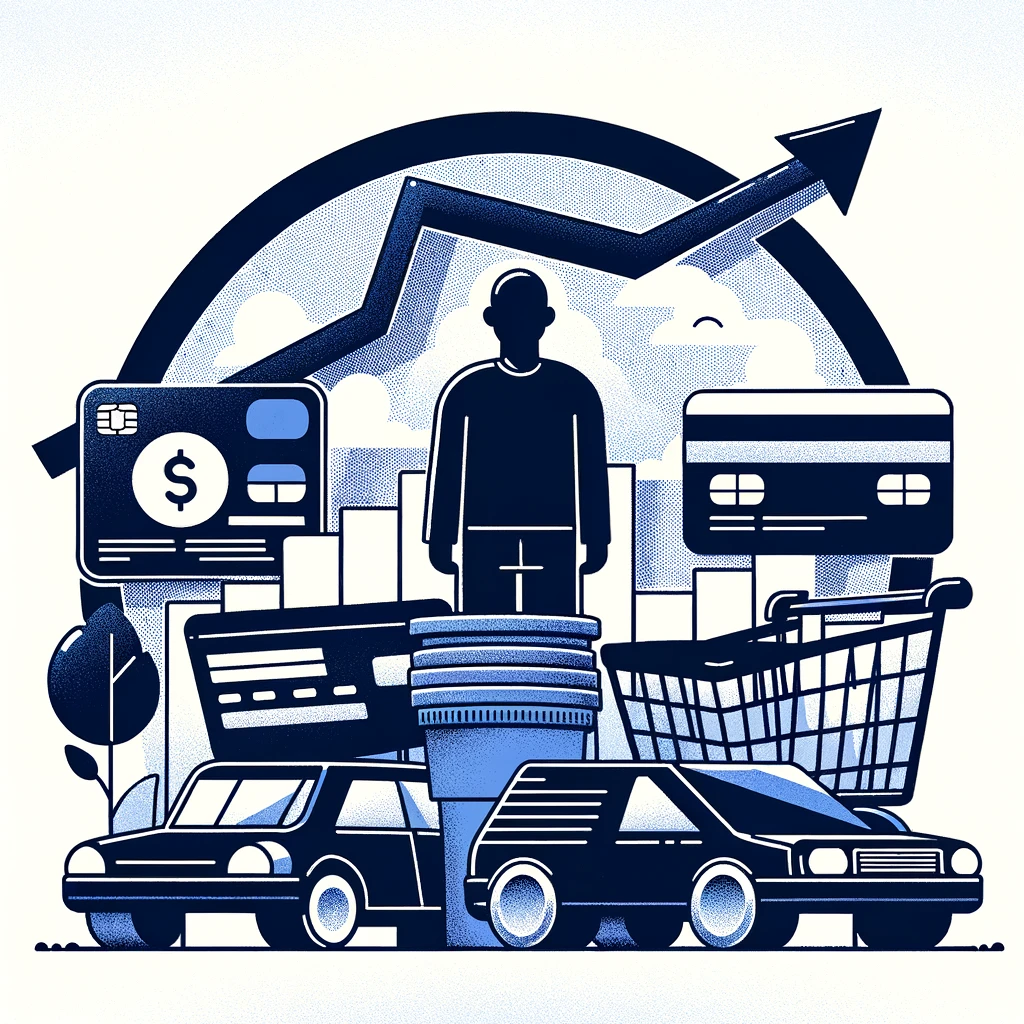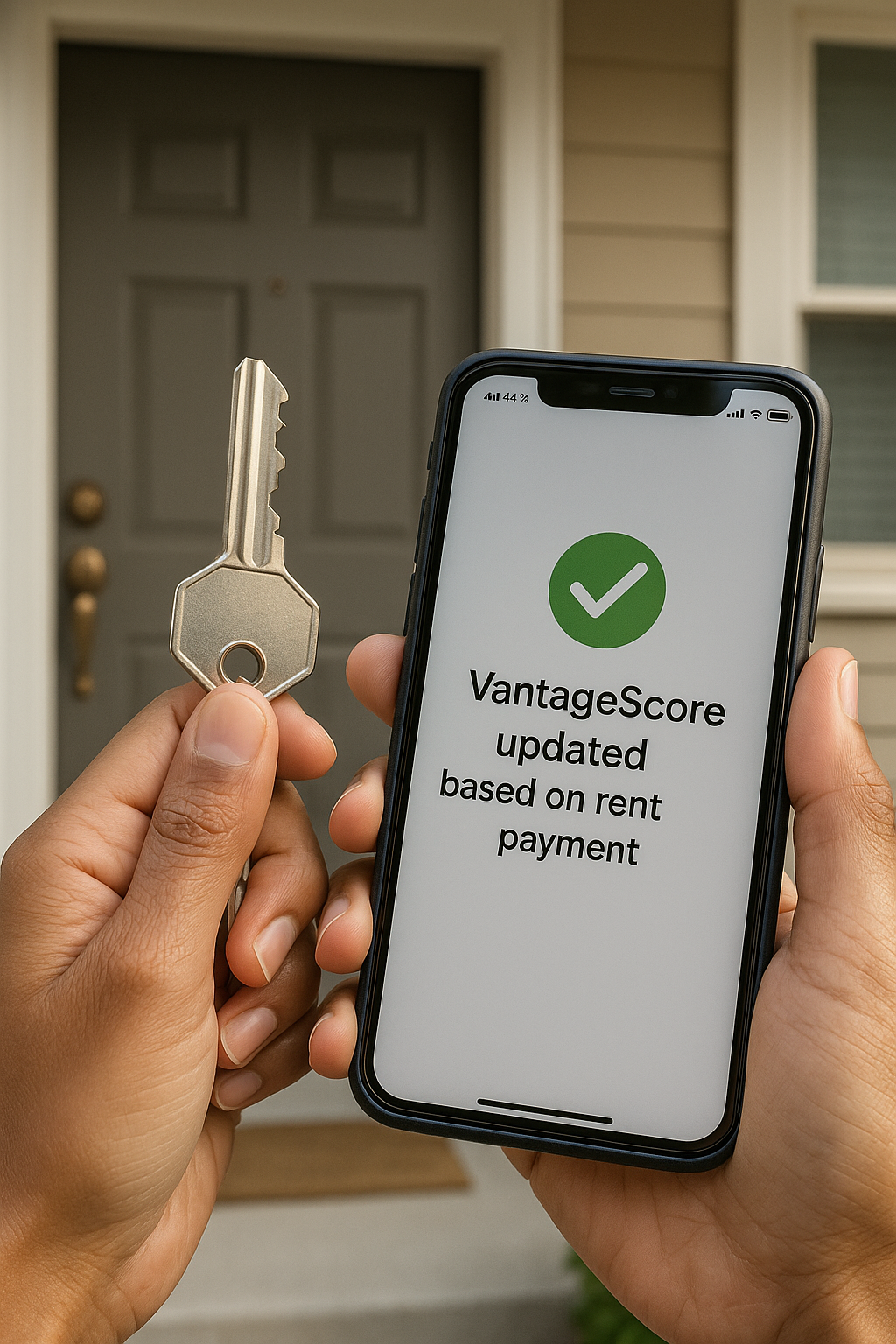
What is debt?
Debt is money owed by one party to another. But why do people in the US owe so much money to these parties? Several factors contribute to this, including poor money management, interest rates, the accessibility of credit to U.S. consumers, and societal pressures. These factors influence US consumer behavior, creating an illusion of wealth to the rest of the world. However, the reality is that many US consumers lack sound financial habits and live paycheck to paycheck. But how did this happen? Why are so many of us in Debt?
Credit
Credit and credit cards are tools many of us use to purchase current needs and pay for them in the future. However, what’s the issue with this? Credit and credit cards are easily accessible to US consumers compared to those in other countries, making them a normal part of our culture. Consider this: your phone? You’re paying it off monthly with cellular credit. Your new car? You’re financing it or leasing it. Your cart full of clothes? After-pay helped you buy them. That vacation you took last summer? You’re still paying it off. We have access to a seemingly better “life” compared to family back home in foreign countries because of how accessible credit tools are to us. Not only are credit rates (APRs) lower in the U.S. (around 1% compared to 8-30% in other countries), but credit is also much easier to get approved for here.
Interest Rates
While rates are relatively low compared to the rest of the world, the US has recently experienced high inflation rates due to the 2020 pandemic, prompting many to rely on credit cards to maintain their pre-pandemic lifestyles.
Money Management
Here lies our actual habits. Continuously accessing credit and credit cards, even without a responsible credit score (for example, with offers like “no credit check loan” or “we approve all scores”– they just want you to go into debt with them!), leads to a predictable outcome. As a society, US consumers have learned that it’s okay to swipe their credit cards with the intention of paying it off next week when they get paid – NOT GOOD!. This perpetuates a cycle of continuously owing the bank money and depleting paychecks.
Furthermore, consumers often rely on these financial tools so much that they don’t realize how much they are actually spending, what they are spending on and where their money is going. Many consumers lack budgeting skills leaving them on a loophole of living paycheck to paycheck paying off money they didn’t have in the first place. Check out this article we wrote on budgeting rules, here.
Societal Factors
Our habits are also influenced by societal standards. Many of us aspire to certain lifestyles or possessions due to societal and social media influences. For instance, if a celebrity like Drake starts wearing a certain brand, it can quickly become a trend, influencing consumers to buy even if they can’t afford it. Companies capitalize on this, driving consumer spending and encouraging reliance on credit to maintain a certain image.
What should we do?
US consumer habits, influenced by factors such as easy access to credit, societal pressures, and poor money management, contribute to a culture of debt and financial instability. It’s essential to cultivate better financial habits and educate ourselves to break free from this cycle. Which is why Gabriel Money is dedicated to being the path to financial freedom through education and innovative solutions like our Gabriel Secured Card and our app. To learn more about our Gabriel Secured Card click here.






